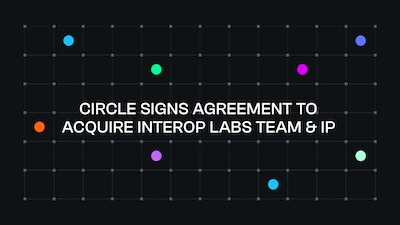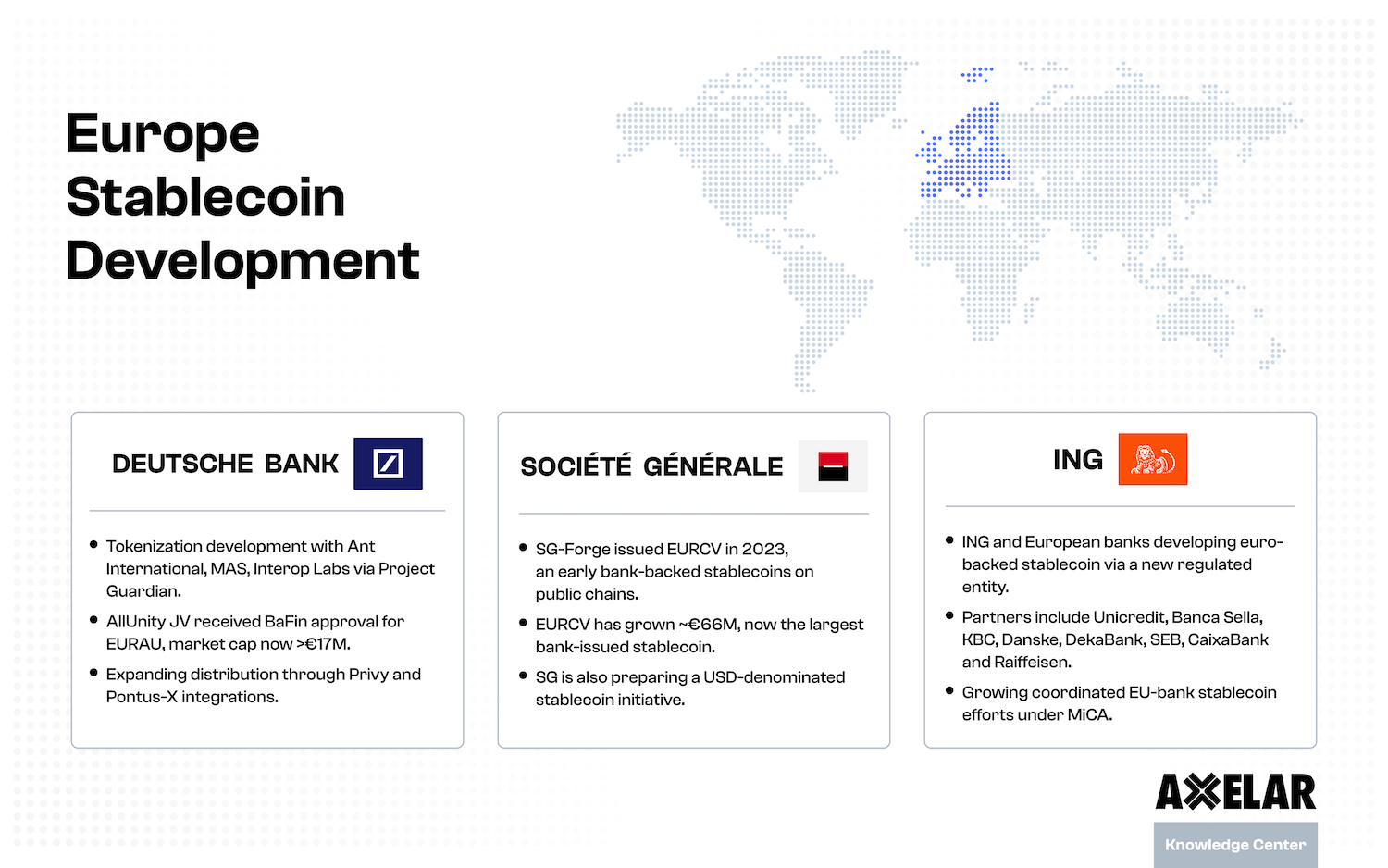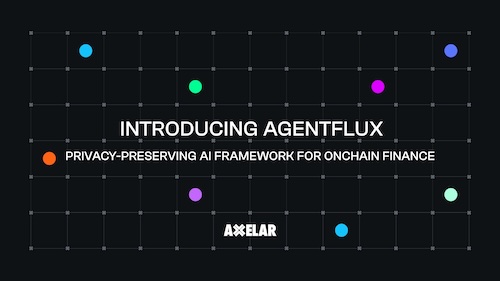Axelar MDS: Enhanced AXL Token Utility, Explained
Table of Contents
%20thumbnail.jpg)
.png)
Axelar MDS is a new interoperability standard leveraging enhanced AXL token utility to power infinite security and scalability across Web3. This post explains AXL's new token utility in Axelar MDS as well as its general utility across the Axelar protocol.
AXL General Utility
Axelar is a proof-of-stake blockchain that relies on AXL tokens to secure the network. The role of AXL includes:
- Staking and Network Security: Validators and delegators stake AXL to participate in consensus. Stakers earn rewards in exchange for securing the network at a rate that outpaces inflation, which increases their relative network ownership over time. This impacts utility by incentivizing long-term participation in the ecosystem.
- Governance: AXL holders can vote on proposals to guide network development, including parameter changes, protocol upgrades, and the addition of new connected chains. This ensures that the network's evolution aligns with the interests of its stakeholders.
- Transaction Fees: Users pay fees in AXL for cross-chain operations. However, unlike many other networks, users of Axelar-powered applications don't need to hold AXL directly. The network handles conversions into AXL tokens and destination-chain tokens via smart contract logic so that users can pay gas only once in their source-chain token.
- Interchain Amplifier Utility: AXL gains additional utility from the Interchain Amplifier's use of reward pools. These pools are used by Verifiers supporting new chain connections and as collateral that Verifiers must bond, risking loss for dishonest behavior.
Cross-Chain Security: AXL staking powers the security of cross-chain communications. The network's high safety threshold (set to 90% in some implementations) means that a vast majority of validators must collude to compromise the system.
.png)
Non-Inflationary Mechanism for Incentivizing New-Chain Connections
Interchain Amplifier introduces a scalable way to incentivize new chain connections without leading to token inflation. It leverages the utility of AXL tokens to create a self-sustaining ecosystem for network growth.
AXL reward pools are a key component of this. When a new blockchain wants to connect to the Axelar network, it can establish a pool of AXL tokens. These pools serve as incentives for Verifiers, who play a crucial role in maintaining the integrity of cross-chain communications.
Verifiers, in turn, must have skin in the game. They're required to bond AXL tokens as collateral, which acts as a security deposit. This bonding mechanism ensures that Verifiers have a vested interest in behaving honestly. If a Verifier acts dishonestly or fails to perform their duties, they risk losing their bonded AXL. Strong economic incentives lead to proper behavior.
The system is governed democratically through the power of AXL holders. Token holders can vote on proposals to add new chains to the network and modify system parameters. The job of governance is to ensure that the growth and development of the network align with the interests of the AXL community.
One of the key advantages of this approach is that it enables permissionless connections. Unlike traditional systems where adding a new chain might require significant protocol-level changes, Interchain Amplifier allows for rapid scaling. New chains can be added quickly and efficiently.
These components work together to incentivize participation and honest behavior while avoiding the pitfalls of inflationary token models.
.png)
Rewards and Inflation
The Axelar network uses a carefully balanced system of rewards to incentivize network participation while maintaining long-term sustainability. The current staking APR from Axelarscan stands at 6.74%, which represents the total rewards distributed to those who stake their AXL tokens to secure the network.
For individual delegators who choose to stake their AXL with validators, the actual returns are slightly lower due to validator commissions. Assuming a typical validator commission of 10%, delegators can expect an annual return of approximately 6.066% (calculated as 0.9 * 6.74%).
It's important to understand these rewards in the context of the network's inflation rate. Following a series of community-driven proposals aimed at optimizing tokenomics, the current inflation rate has been reduced to 4.8%. This reduction is part of a broader strategy to enhance the token's value proposition and ensure the network's long-term economic viability.
This is great news for AXL stakers: Those who stake their tokens are effectively outpacing inflation, increasing their relative ownership of the network over time. Holders who do not stake see their proportional ownership decrease due to inflation.
.png)
Future Developments
The Axelar network is continuously evolving, with several key developments on the horizon that will impact AXL utility and the overall ecosystem.
Transaction Fee Burning Mechanism
A mechanism has been proposed to send AXL transaction fees to a burn address, instead of distributing them to tokenholders. This could create deflationary pressure depending on network usage. As transaction volume increases, more AXL would be burned, reducing the total supply over time, and increasing the value of the available supply in line with network usage, which encourages greater adoption and development on the network.


